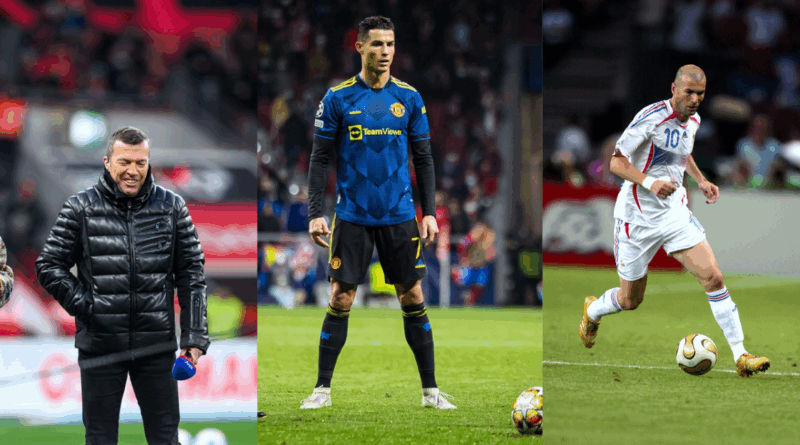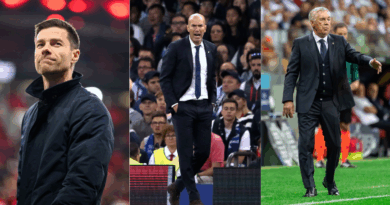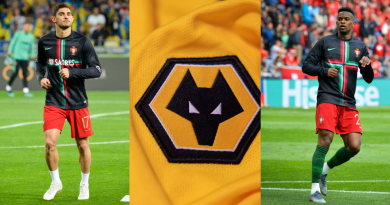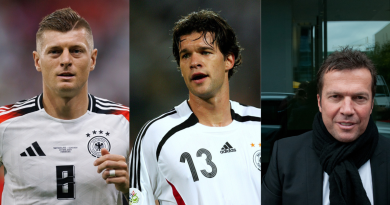Ranking Every Ballon d’Or Winner by Position
The Ballon d'Or is football's most prestigious individual honor, first awarded in 1956. While the award has celebrated many of the sport’s greatest players, it has often been criticized for favoring attacking talent over other roles on the pitch. A closer look at the winners reveals a strong bias toward forwards, with far fewer defenders, midfielders, or goalkeepers receiving recognition.
This article breaks down every Ballon d'Or winner by their primary position—goalkeeper, defender, midfielder, winger, or striker—highlighting the evolution of each role through the players who defined them.
Goalkeepers
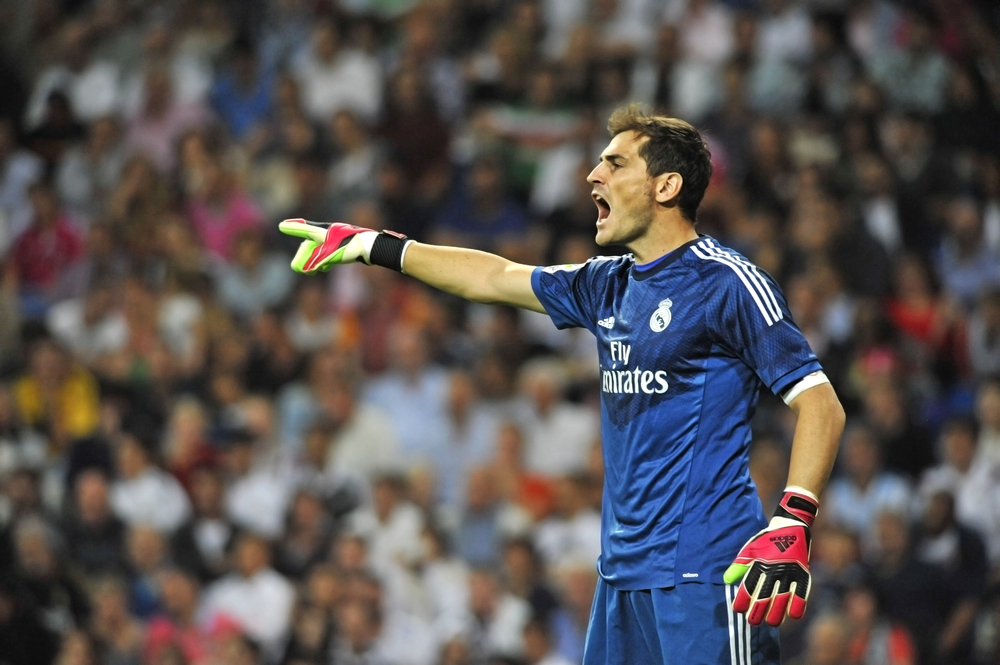
Goalkeepers have historically been overlooked when it comes to the Ballon d'Or. Despite their critical importance on the pitch, only one shot-stopper has ever claimed football's most prestigious individual prize.
Lev Yashin (Soviet Union, Dynamo Moscow, 1963)
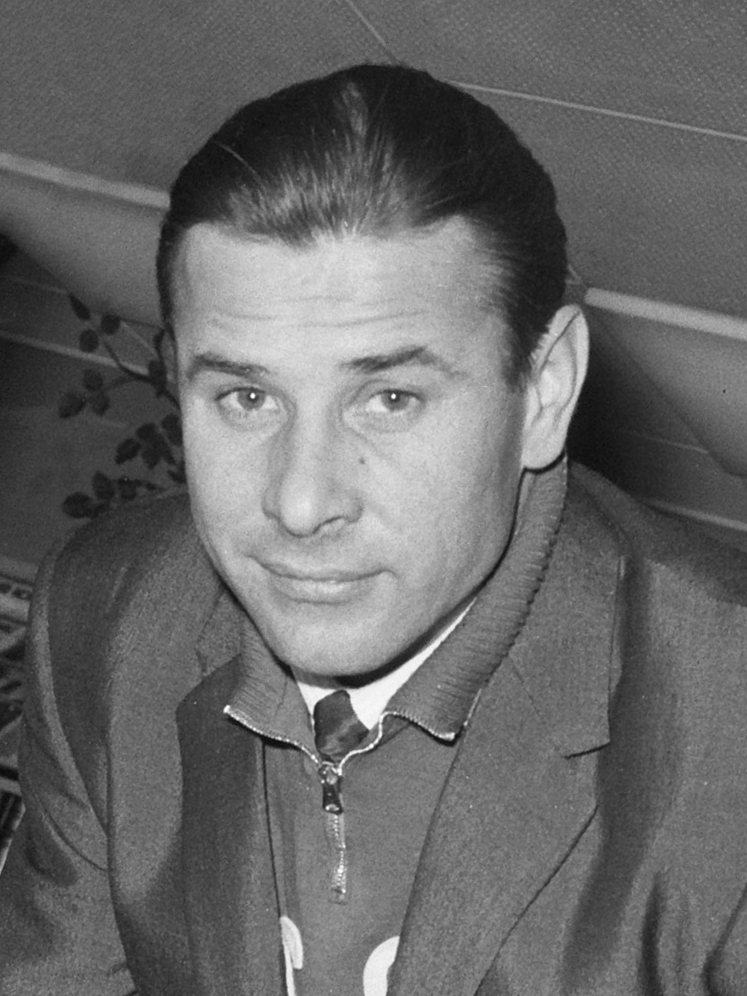
The only goalkeeper ever to win the Ballon d'Or. He revolutionized the position with his aggressive playing style and exceptional leadership, often commanding his defense and rushing off his line in ways unheard of at the time.
Read also: 2025 Best NFL Quarterbacks: Top 10 Rankings
Defenders
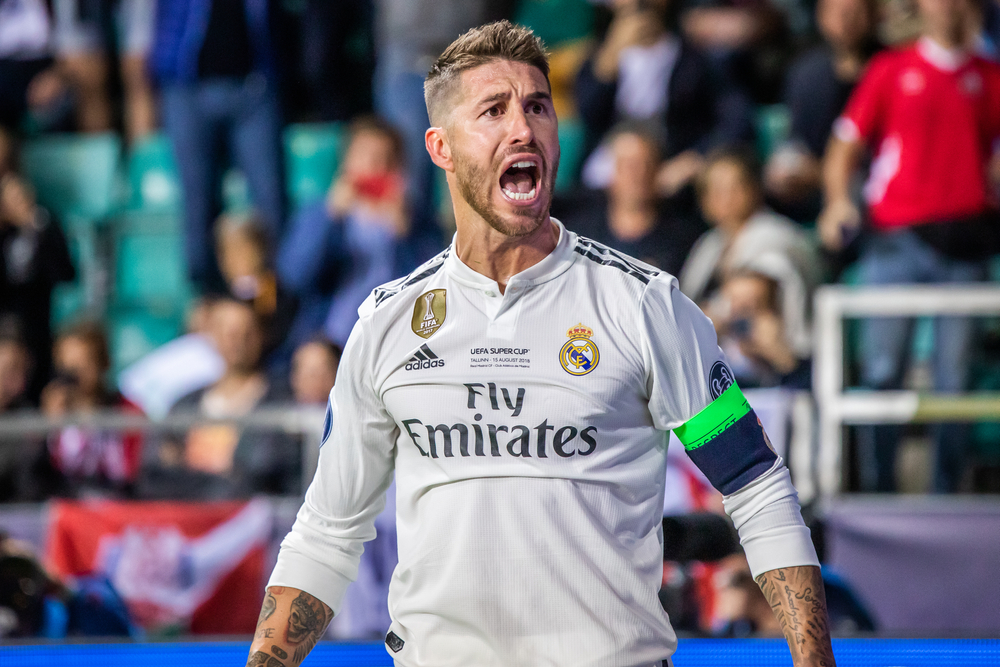
Only two defenders have ever won the Ballon d'Or, underlining the award’s long-standing bias toward attacking players. Yet both winners left a lasting impact by redefining the art of defending on the biggest stages.
Franz Beckenbauer (West Germany, Bayern Munich, 1972, 1976)
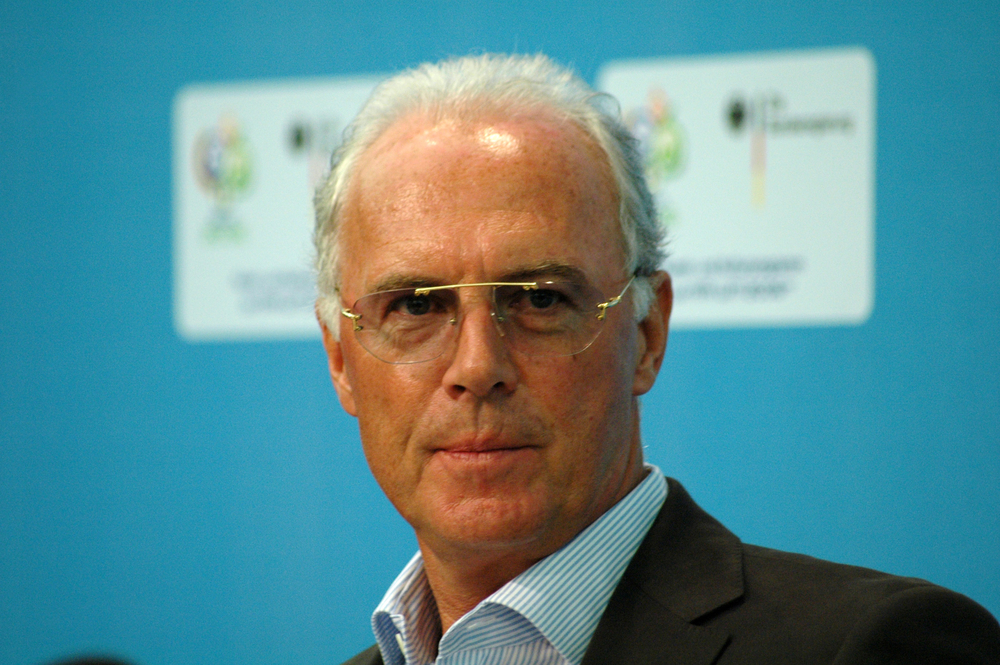
Beckenbauer practically invented the libero role, combining flawless defensive structure with elegant forward runs. His intelligence and composure set a new standard for defenders in world football.
Fabio Cannavaro (Italy, Juventus, 2006)
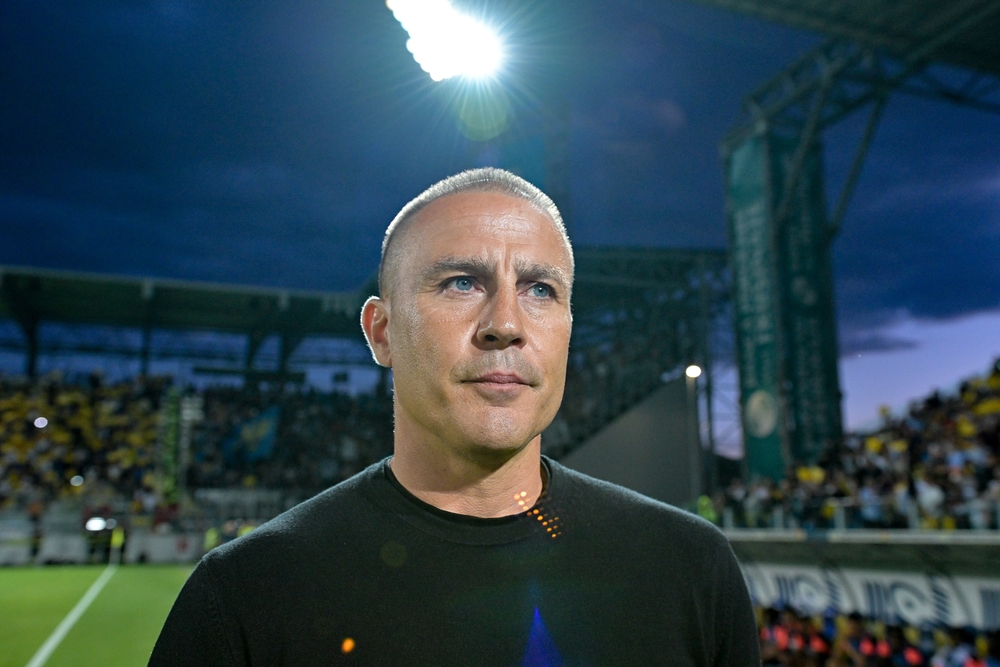
Nicknamed “The Berlin Wall,” Cannavaro delivered a defensive masterclass during Italy’s 2006 World Cup triumph. His leadership and positioning earned him rare recognition as a center-back on football’s biggest stage.
Midfielders
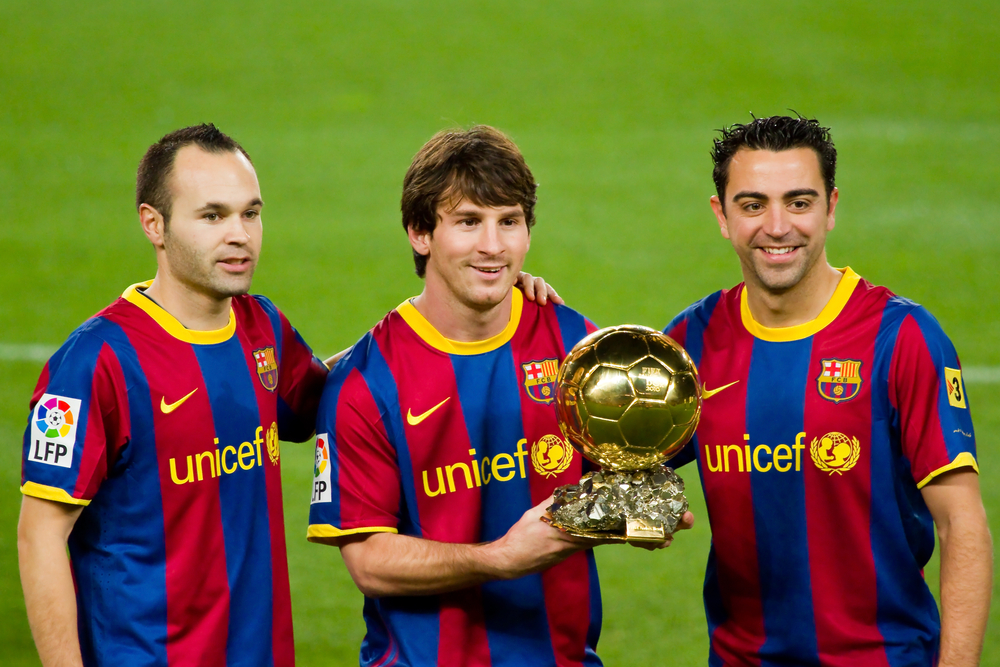
Midfielders have produced both creative maestros and defensive anchors, yet they remain underrepresented compared to strikers. Only twelve have lifted the Ballon d'Or, each leaving their unique imprint on the game.
Read also: AI Unveils the Ultimate 23-Man All-European Squad in Football History
Luis Suárez (Spain, Barcelona, 1960)
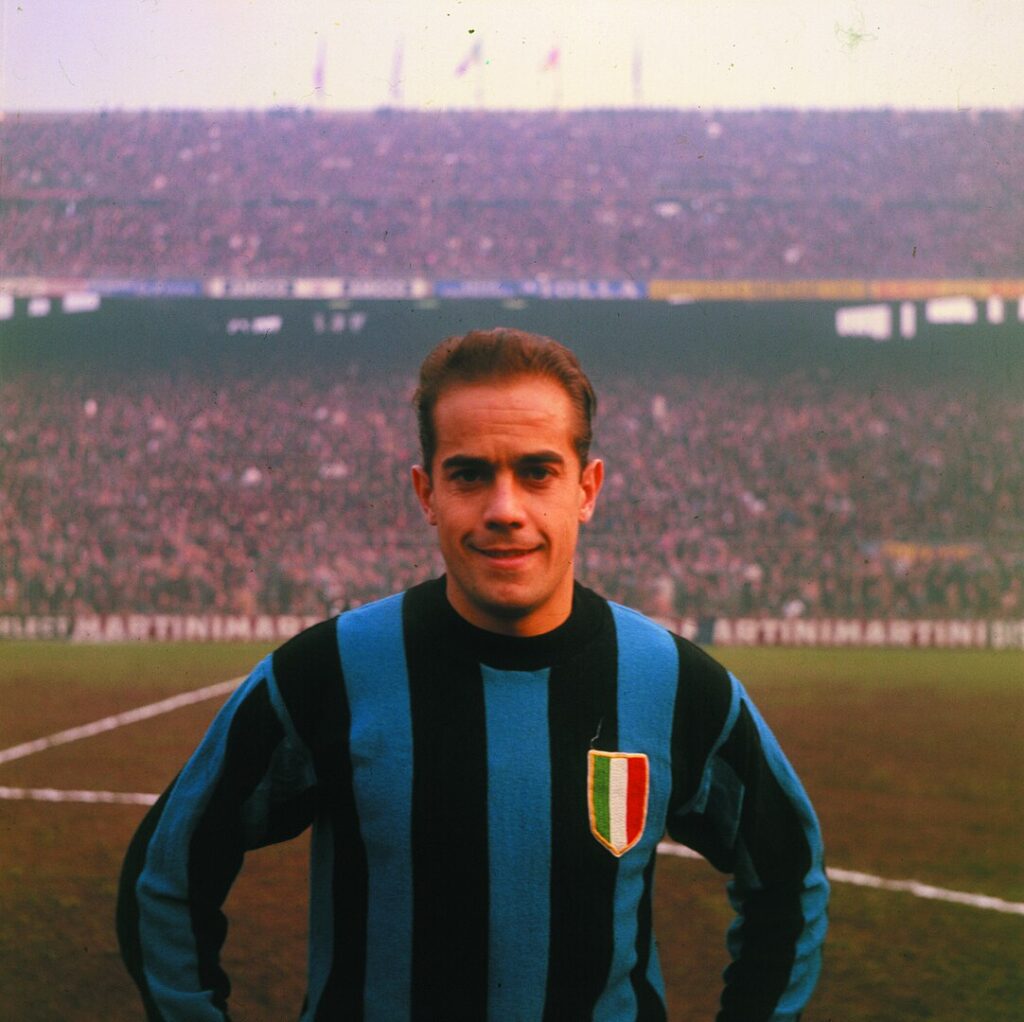
Suárez was a deep-lying playmaker with vision and control, guiding Barcelona and Spain with elegance. He became the first Spanish player to win the award and remains a national icon.
Josef Masopust (Czechoslovakia, Dukla Prague, 1962)
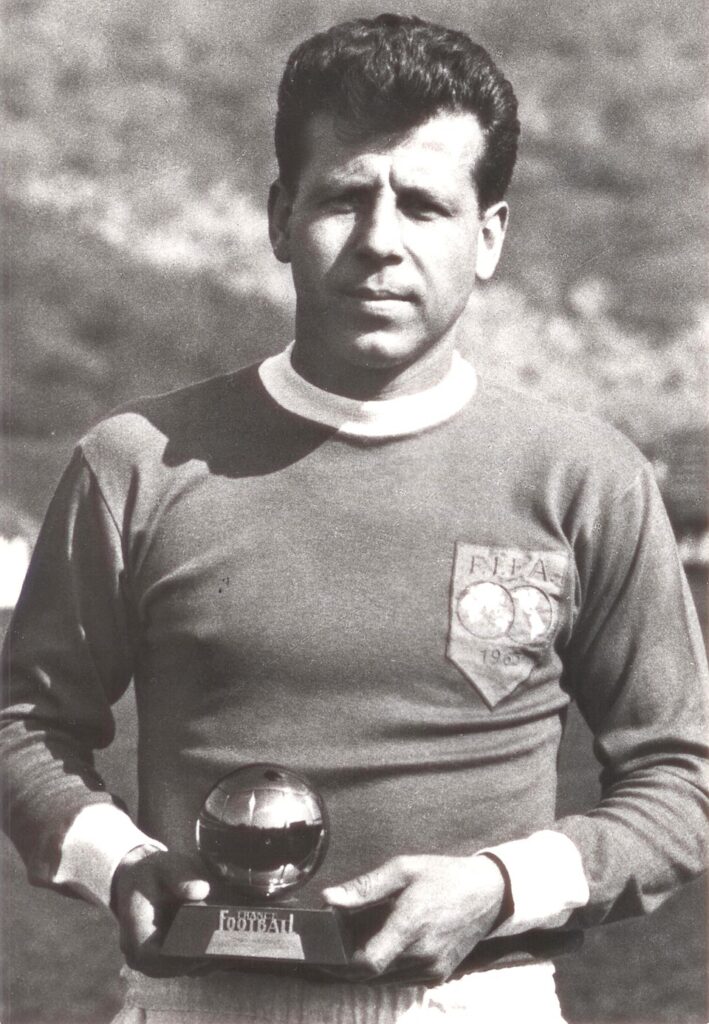
Masopust led Czechoslovakia to the 1962 World Cup final with tireless midfield performances. His two-way style made him one of the game's first true box-to-box stars.
Gianni Rivera (Italy, AC Milan, 1969)
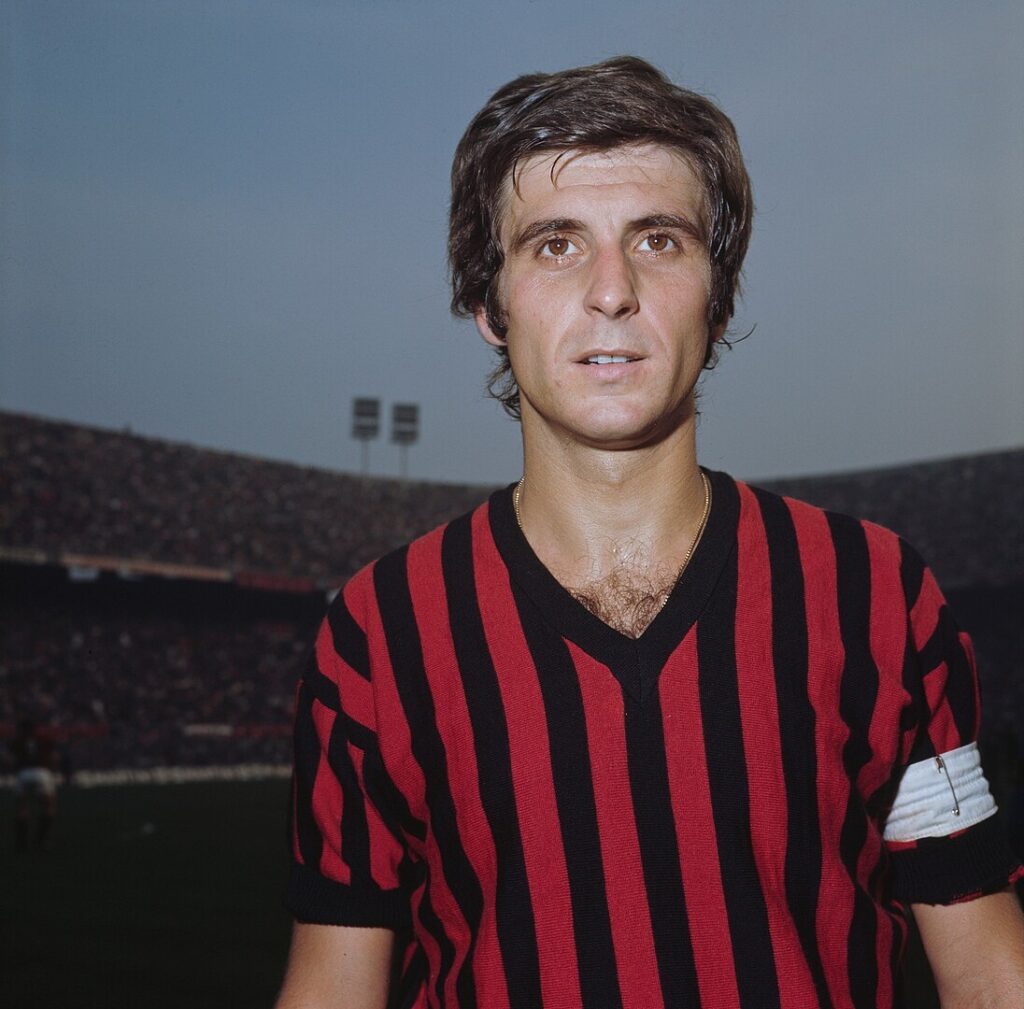
Rivera was a refined creative force in Milan’s midfield, orchestrating attacks with supreme technique. He played a central role in the club’s domestic and European dominance.
Michel Platini (France, Juventus, 1983, 1984, 1985)
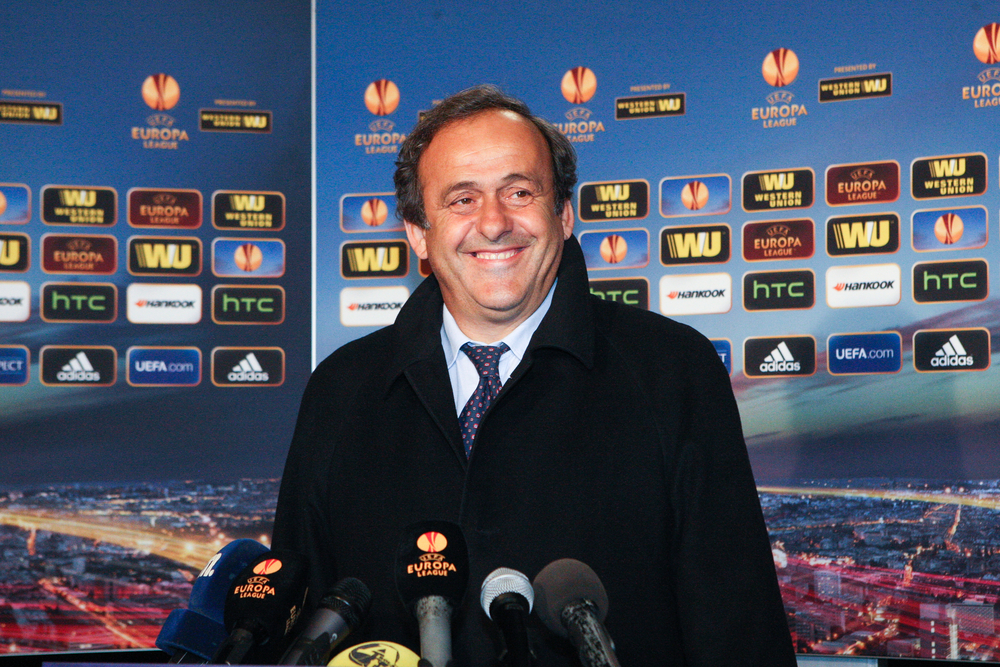
Platini combined flair with an eye for goal, winning three consecutive Ballon d'Or titles. As Juventus' midfield talisman, he was the heartbeat of both club and France in the mid-1980s.
Read also: Supercomputer Predicts Women's Super League 2025–26
Ruud Gullit (Netherlands, AC Milan, 1987)
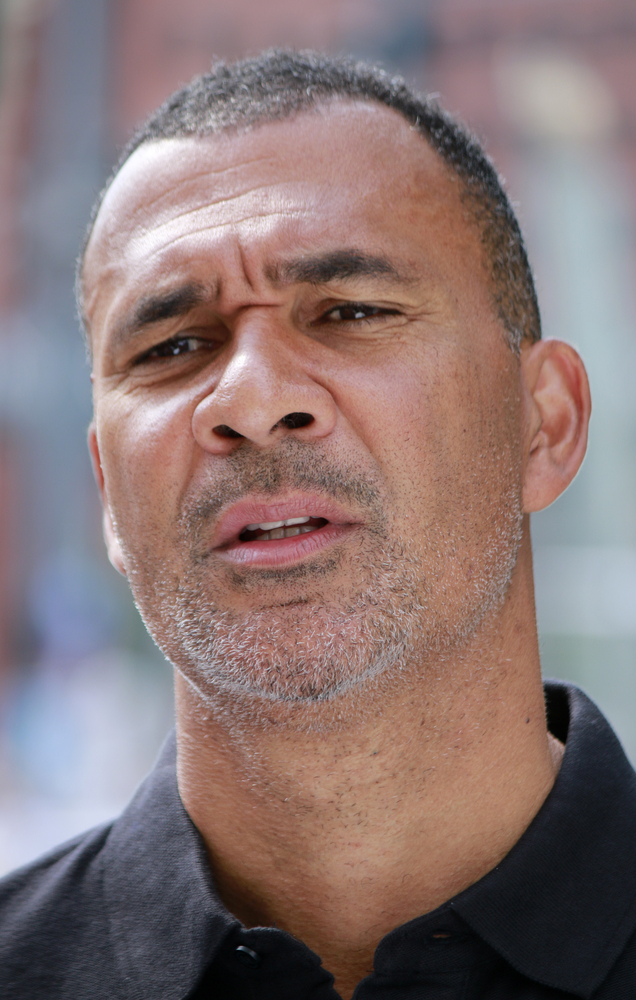
Gullit was a physically dominant and technically skilled midfielder who could play multiple roles. His versatility made him a central figure in Milan’s resurgence and Holland’s success.
Lothar Matthäus (Germany, Inter, 1990)
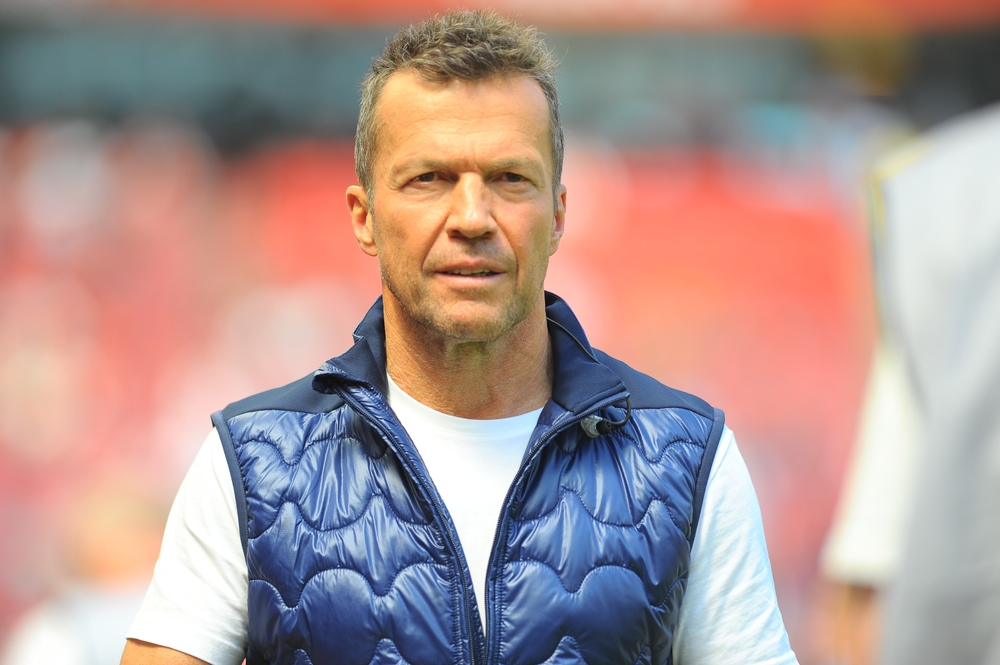
Matthäus was a powerful box-to-box midfielder who captained Germany to World Cup glory in 1990. Known for his long-range strikes and stamina, he controlled matches from deep.
Roberto Baggio (Italy, Juventus, 1993)
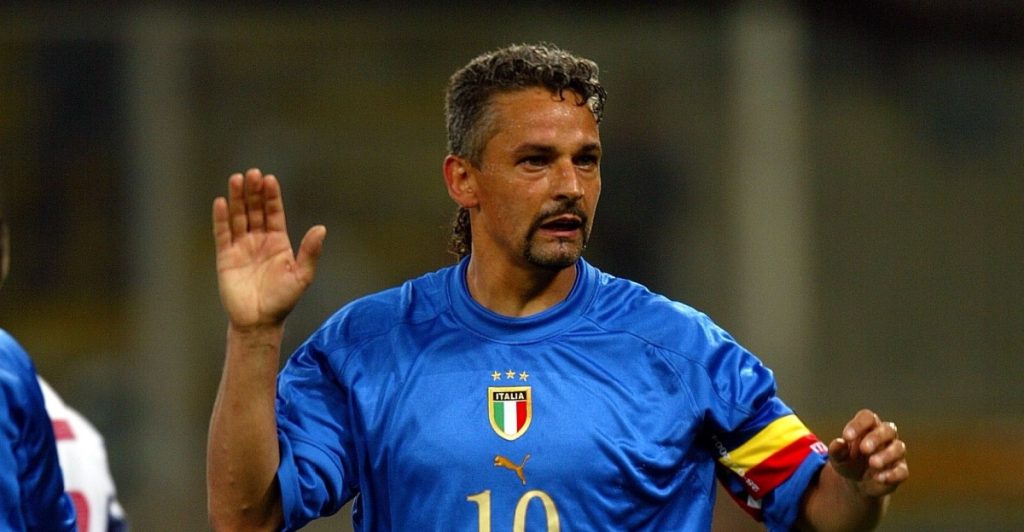
A true No. 10, Baggio dazzled fans with his dribbling, balance, and vision. His artistry earned him the Ballon d'Or after a standout season for Juventus and Italy.
Matthias Sammer (Germany, Borussia Dortmund, 1996)
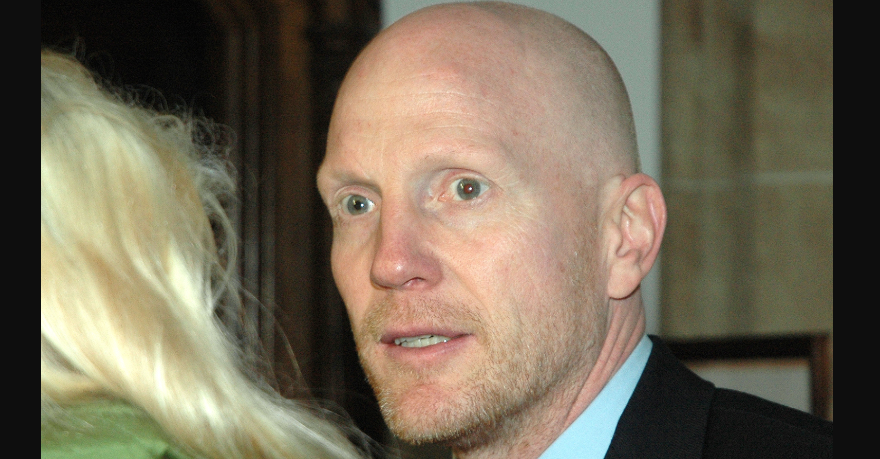
Sammer blended defensive steel with attacking instinct, often playing as a libero or holding midfielder. He was instrumental in Dortmund’s Bundesliga and Germany’s Euro 1996 wins.
Read also: The 15 Greatest Moments in South African Rugby History
Zinedine Zidane (France, Juventus, 1998)
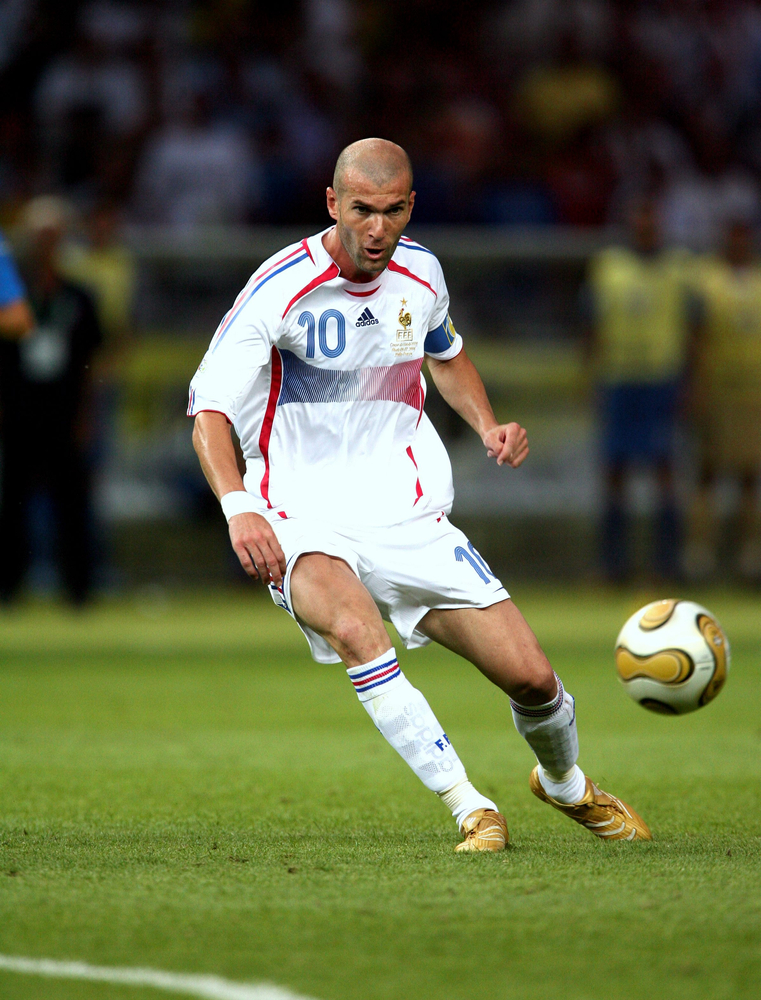
Zidane's elegance, vision, and clutch performances defined the late 1990s. He starred for France in their World Cup win and orchestrated Juventus’ midfield with effortless brilliance.
Rivaldo (Brazil, Barcelona, 1999)
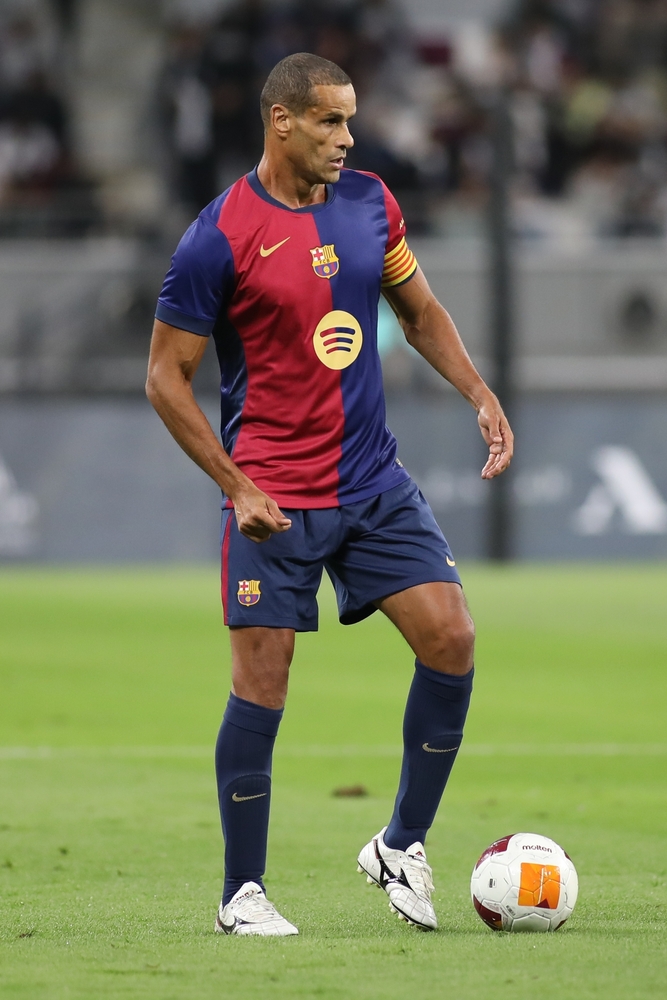
Rivaldo was a technically gifted attacking midfielder with a flair for the spectacular. His goals and creativity helped Barcelona dominate La Liga and made him Brazil’s main man.
Luka Modrić (Croatia, Real Madrid, 2018)

Modrić broke Messi and Ronaldo’s duopoly with a year of midfield mastery. He led Croatia to a World Cup final and was the fulcrum in Real Madrid’s Champions League triumph.
Rodri (Spain, Manchester City, 2024)
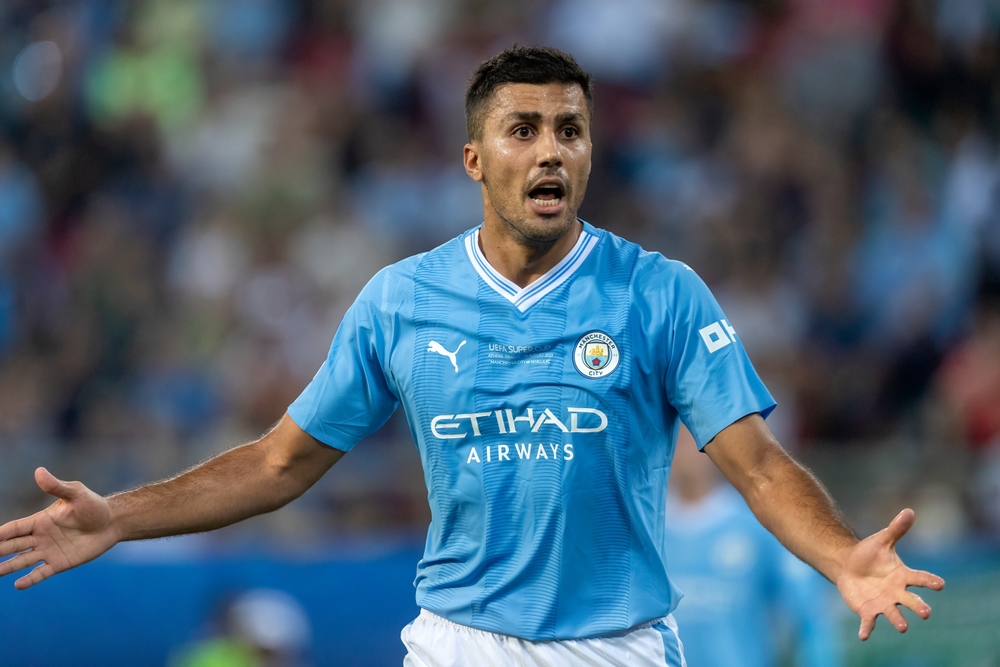
Rodri’s calm presence and positional intelligence made him City’s foundation in midfield. His 2024 Ballon d'Or win reflected a rare acknowledgment of defensive excellence.
Read also: Trump-Putin Talks Could Shape Russia’s Olympic Comeback
Wingers
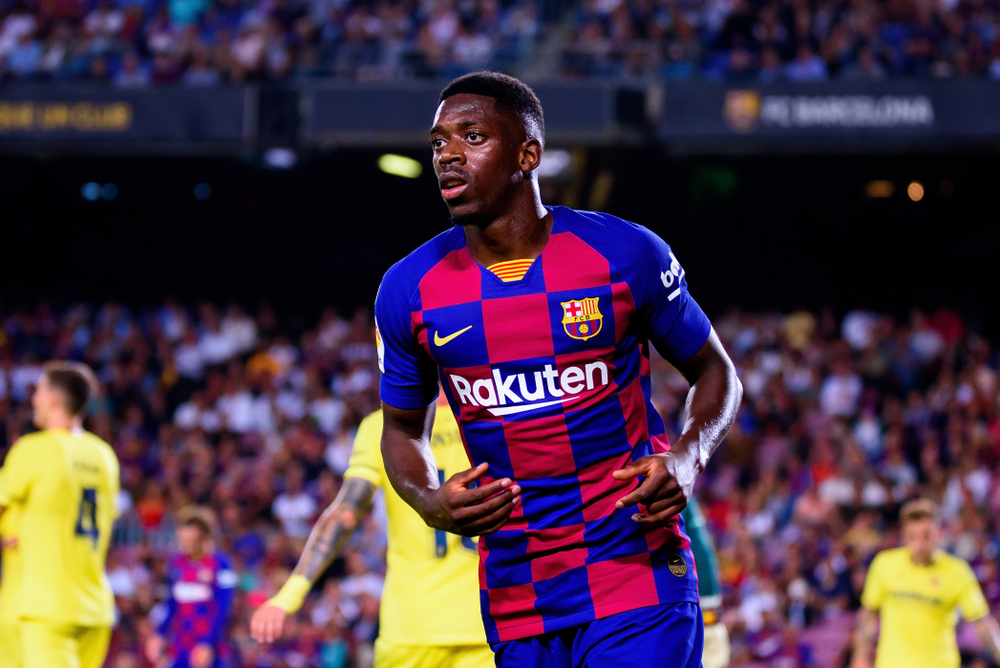
Though often overshadowed by central forwards, several iconic wingers have claimed the Ballon d'Or. These players stood out through flair, creativity, and the ability to change games from wide positions.
Stanley Matthews (England, Blackpool, 1956)
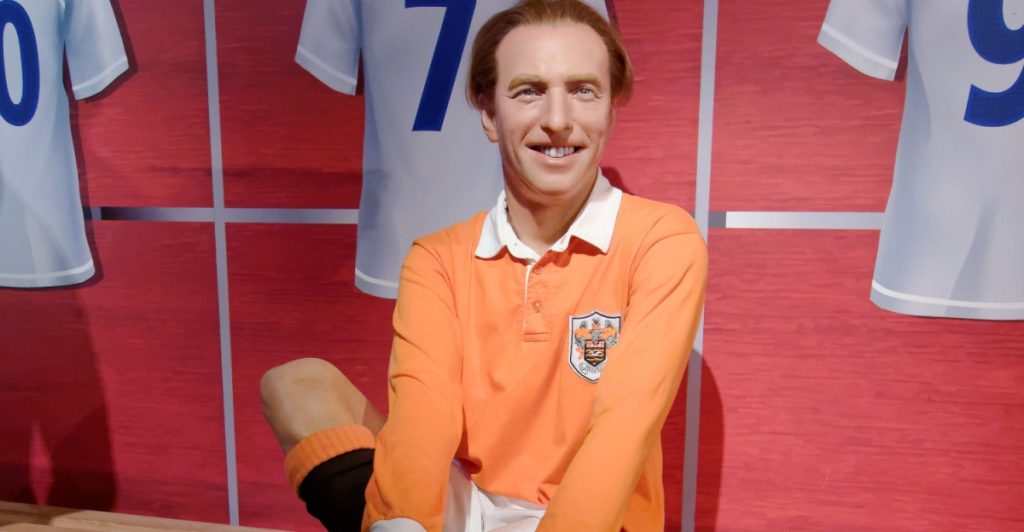
The very first Ballon d'Or winner, Matthews was famed for his dribbling and longevity. Nicknamed “The Wizard of the Dribble,” he played top-level football into his 50s.
Raymond Kopa (France, Real Madrid, 1958)
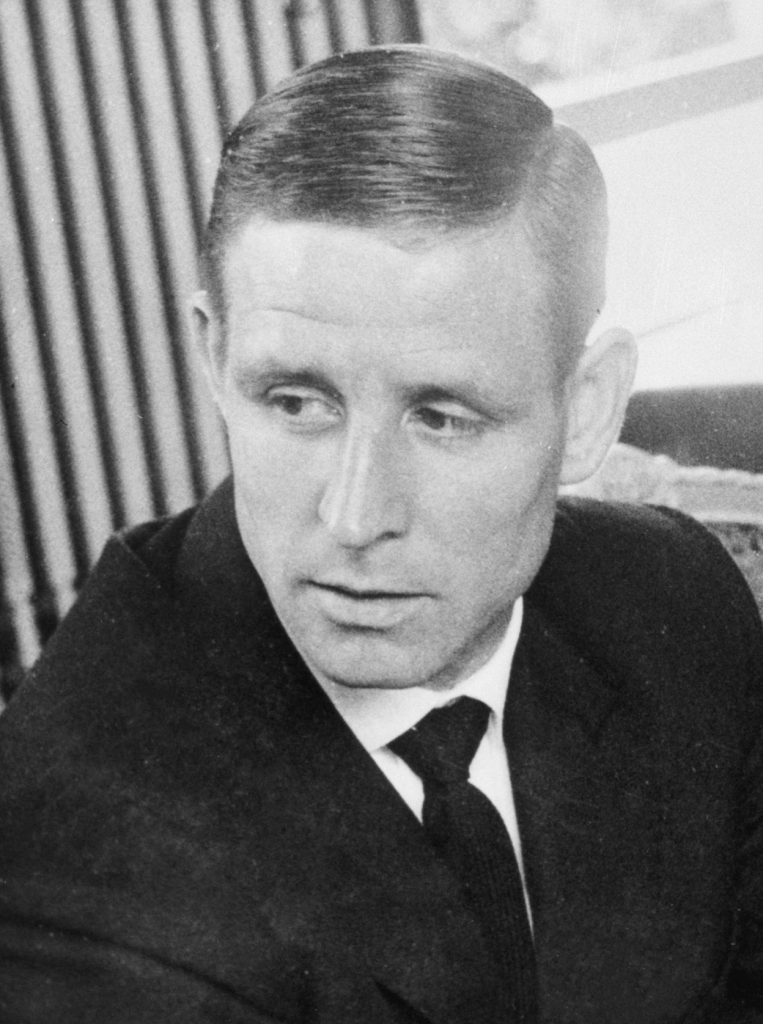
Kopa was a nimble and creative winger who thrived in Real Madrid’s golden era. He helped the Spanish giants dominate Europe alongside legends like Di Stefano and Puskás.
George Best (Northern Ireland, Manchester United, 1968)
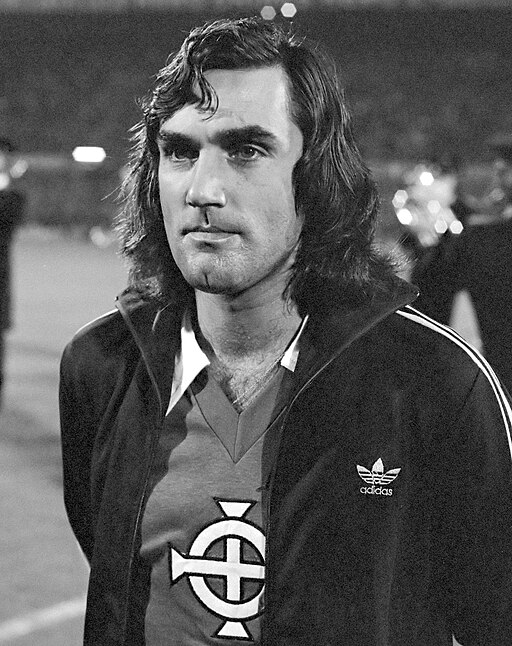
Best was a dazzling talent who combined flair, balance, and finishing. His 1968 Ballon d'Or crowned a year in which he led Manchester United to their first European Cup.
Johan Cruyff (Netherlands, Ajax/Barcelona, 1971, 1973, 1974)
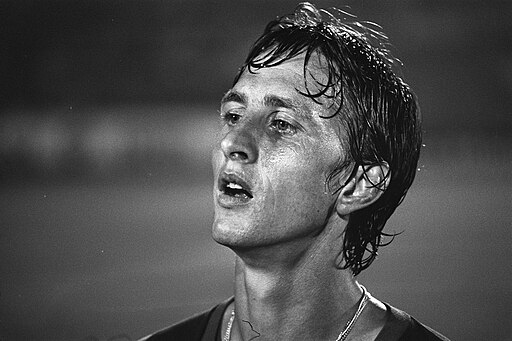
Cruyff won three Ballon d'Ors as a revolutionary wide playmaker. His intelligence and total football philosophy transformed the game and defined an era for club and country.
Luis Figo (Portugal, Real Madrid, 2000)
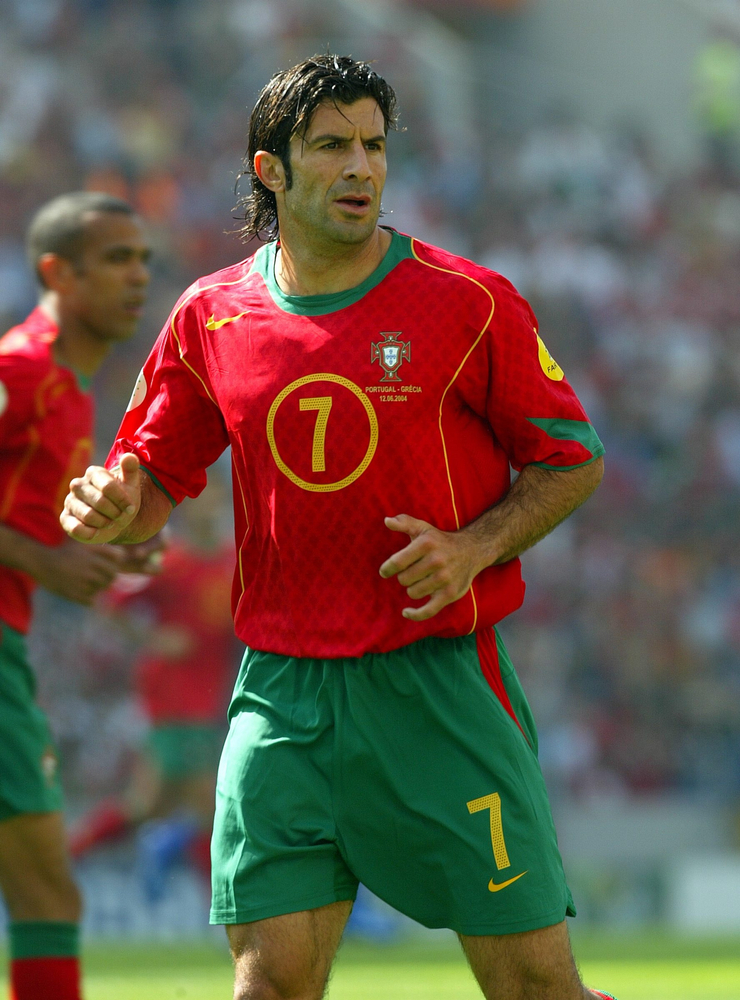
Figo was known for his pinpoint crosses, dribbling, and tactical intelligence. His controversial move from Barcelona to Real Madrid didn’t stop him from claiming the Ballon d'Or.
Pavel Nedvěd (Czech Republic, Juventus, 2003)
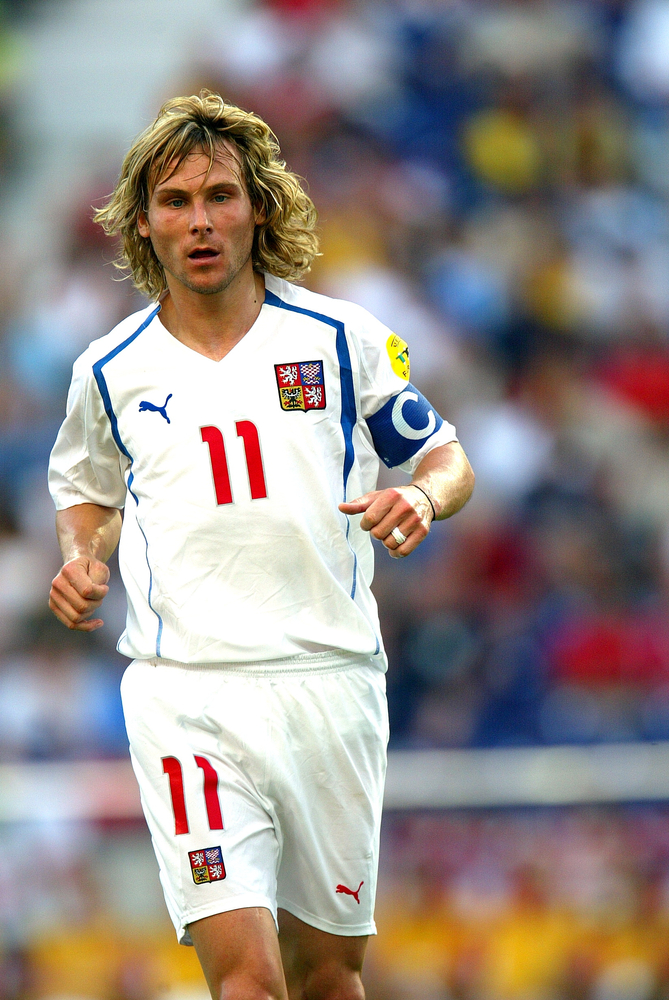
Nedvěd’s tireless running, power, and long-range shooting earned him the award in 2003. He helped Juventus to a Champions League final and won over fans with his relentless drive.
Ronaldinho (Brazil, Barcelona, 2005)
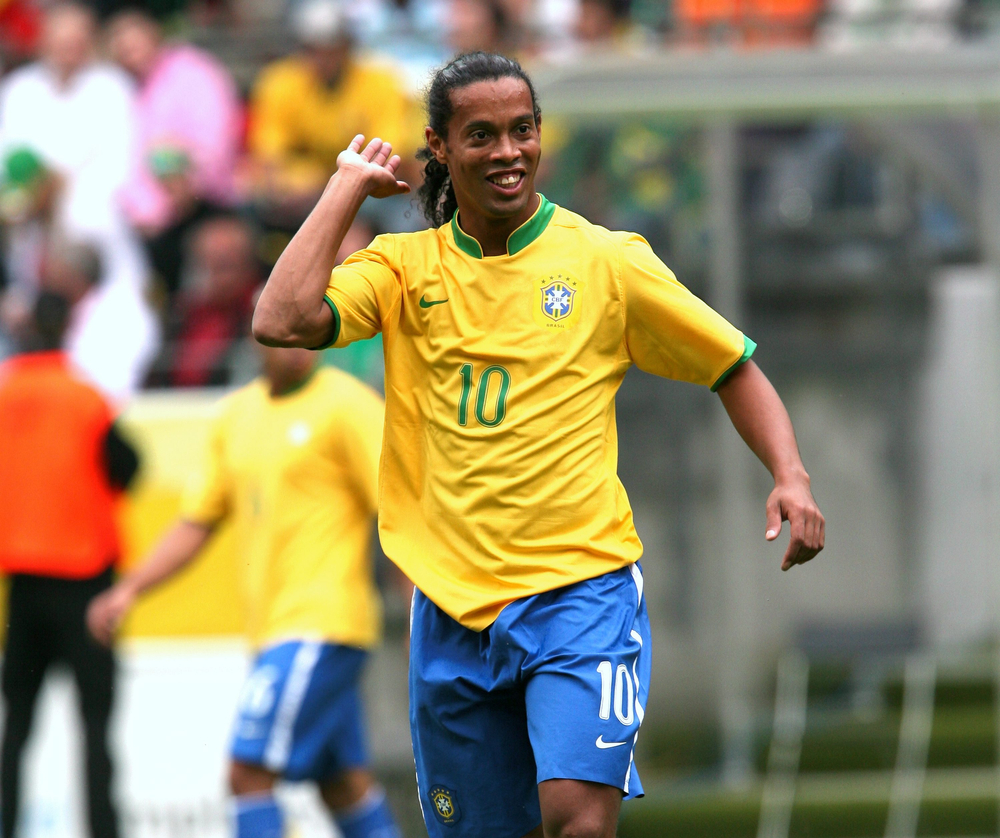
One of the most entertaining players of all time, Ronaldinho combined skill, joy, and creativity. His magical play lit up Barcelona and won him the Ballon d'Or in 2005.
Cristiano Ronaldo (Portugal, Manchester United/Real Madrid, 2008, 2013, 2014, 2016, 2017)
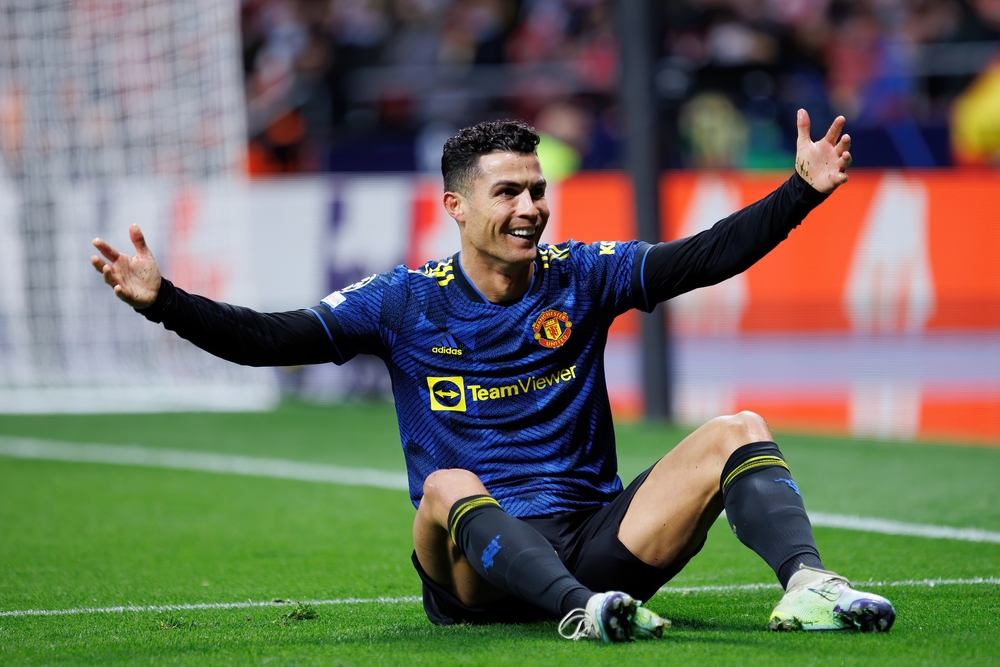
Initially a winger, Ronaldo evolved into a goalscoring machine. His early Ballon d'Ors came from dominating wide positions with pace, power, and relentless ambition.
Lionel Messi (Argentina, Barcelona/Inter Miami, 2009, 2010, 2011, 2012, 2015, 2019, 2021, 2023)
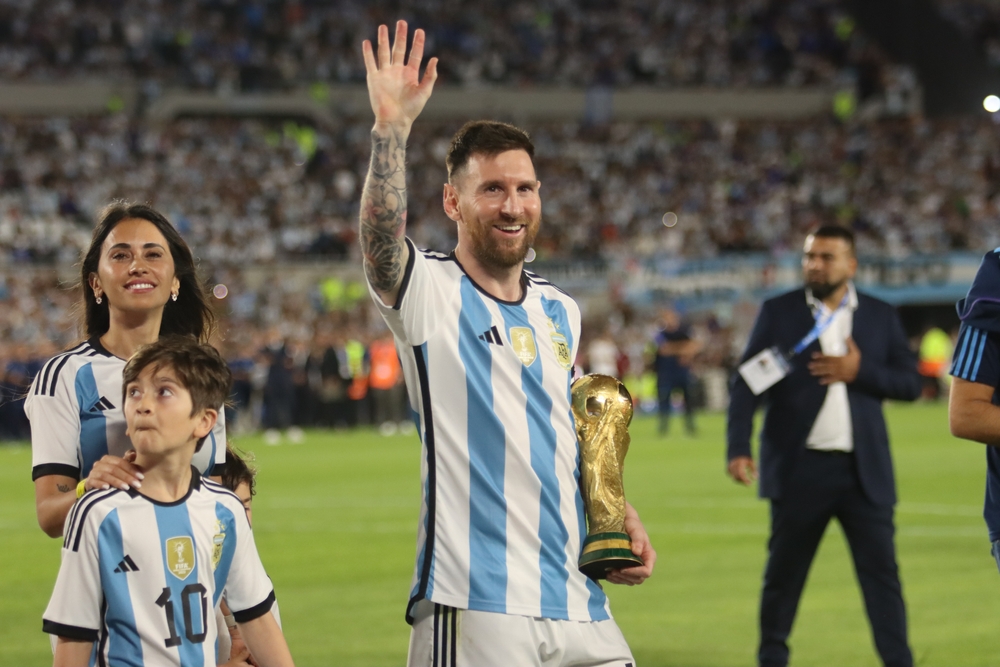
Messi began as a right winger with mesmerizing dribbles and left-footed magic. He went on to redefine greatness, collecting a record eight Ballon d'Ors while dazzling the world.
Strikers
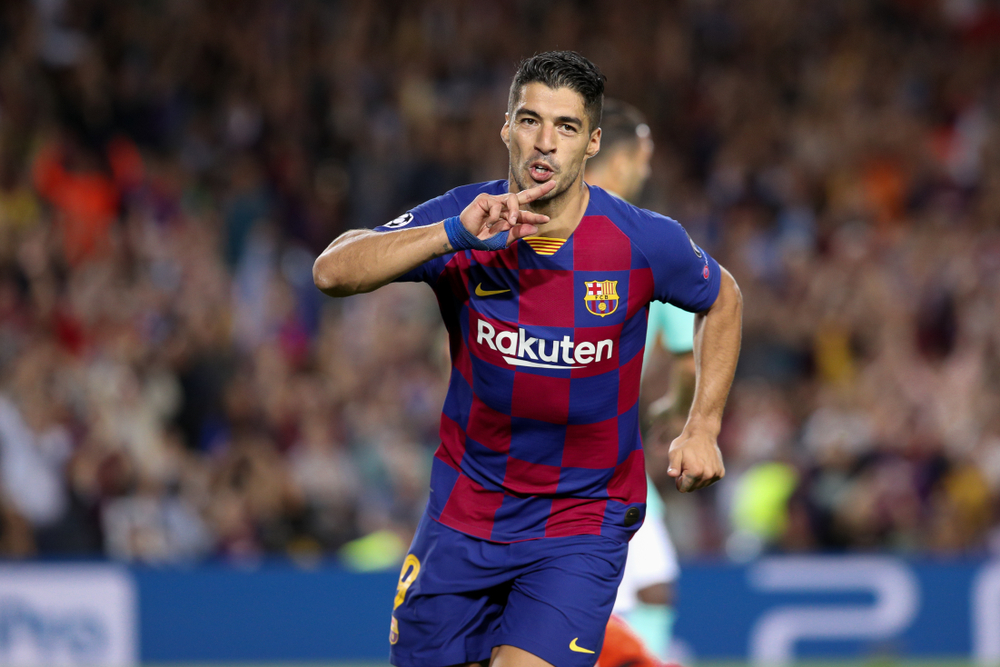
Strikers have dominated Ballon d'Or history more than any other position. From all-time greats of the 1950s to modern superstars, their ability to decide matches with goals has made them frequent winners.
Alfredo Di Stefano (Argentina/Spain, Real Madrid, 1957, 1959)

Di Stefano was a complete forward who could score, create, and lead from the front. His versatility and impact made him the centerpiece of Real Madrid’s early European dominance.
Omar Sivori (Italy/Argentina, Juventus, 1961)
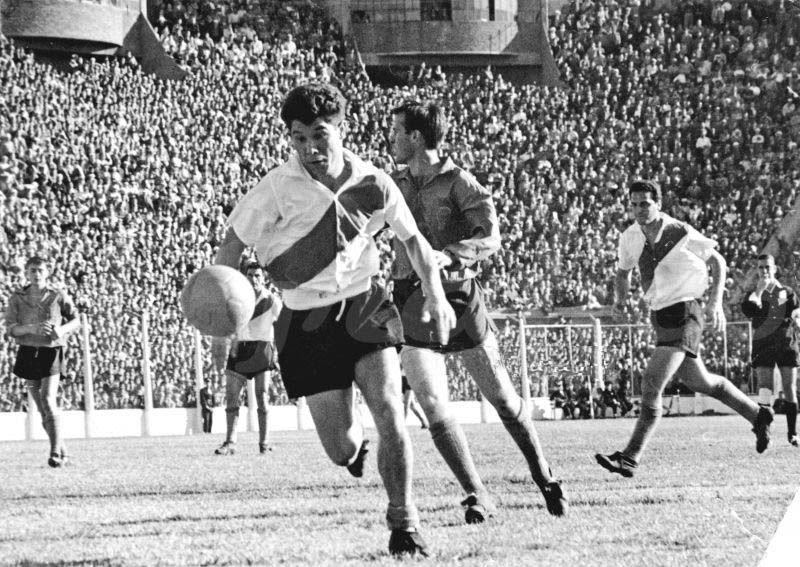
Sivori was a gifted attacker known for his dribbling, flair, and inventiveness. His creativity and sharp finishing made him a standout in Serie A.
Denis Law (Scotland, Manchester United, 1964)
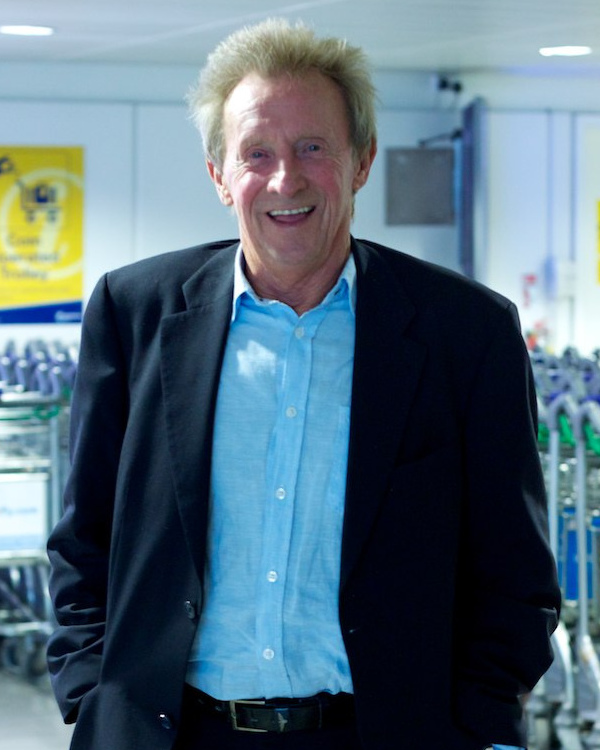
A fearless and instinctive striker, Law thrilled fans with his sharp movement and goalscoring touch. He remains one of Manchester United’s most iconic forwards.
Eusébio (Portugal, Benfica, 1965)
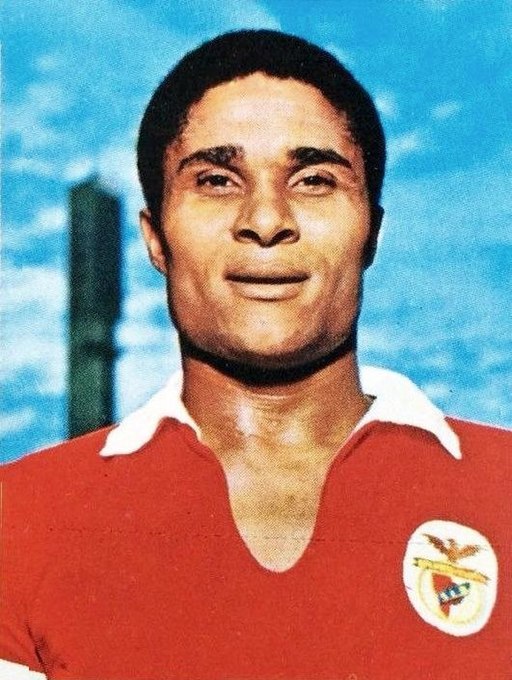
Known as “The Black Panther,” Eusébio was a prolific forward with explosive pace and a powerful shot. He was the face of Portuguese football for over a decade.
Bobby Charlton (England, Manchester United, 1966)
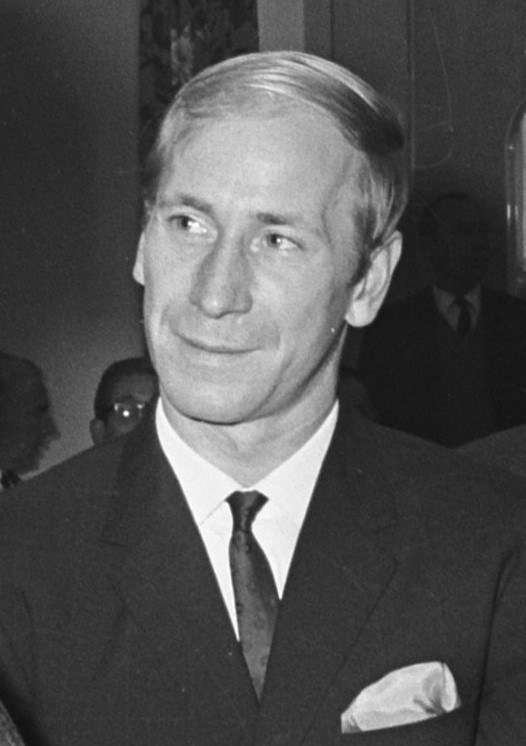
Charlton played many roles but was often deployed as an advanced attacker. His long-range shooting and leadership helped England win the World Cup in the year he won the Ballon d'Or.
Florian Albert (Hungary, Ferencváros, 1967)
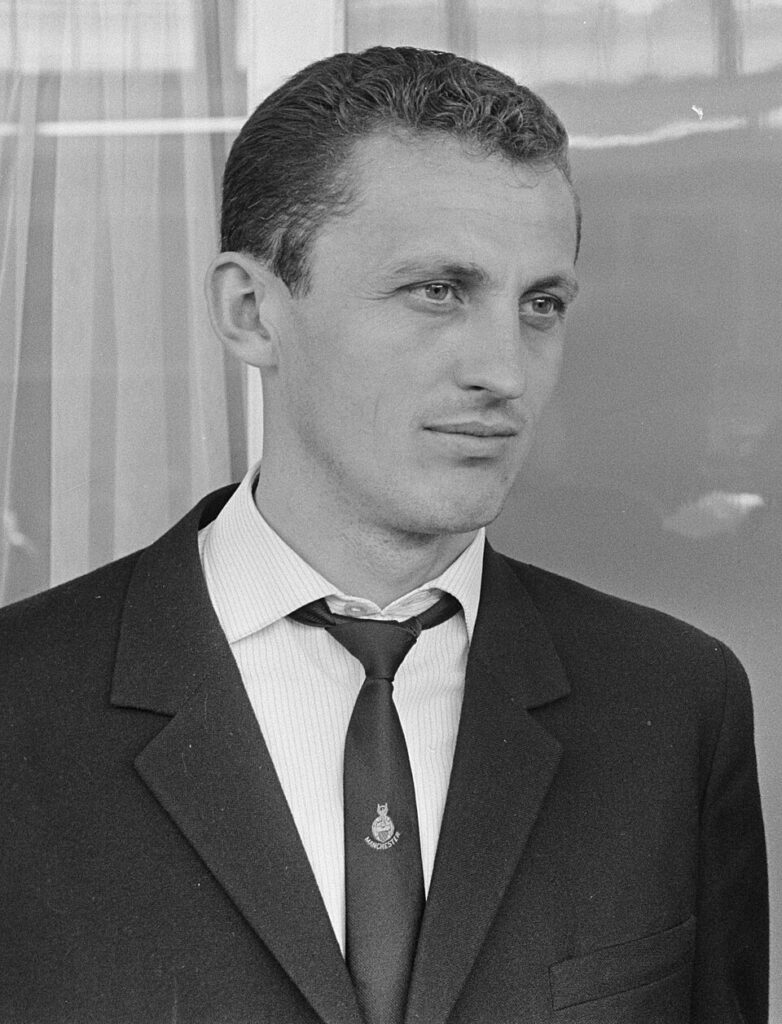
Albert was known for his grace and intelligence in front of goal. He became a national hero in Hungary for his performances with Ferencváros and the national team.
Gerd Müller (Germany, Bayern Munich, 1970)

Müller was a lethal poacher with unmatched instincts inside the box. His incredible goal tally and consistency made him one of football’s most feared finishers.
Oleg Blokhin (Soviet Union, Dynamo Kyiv, 1975)
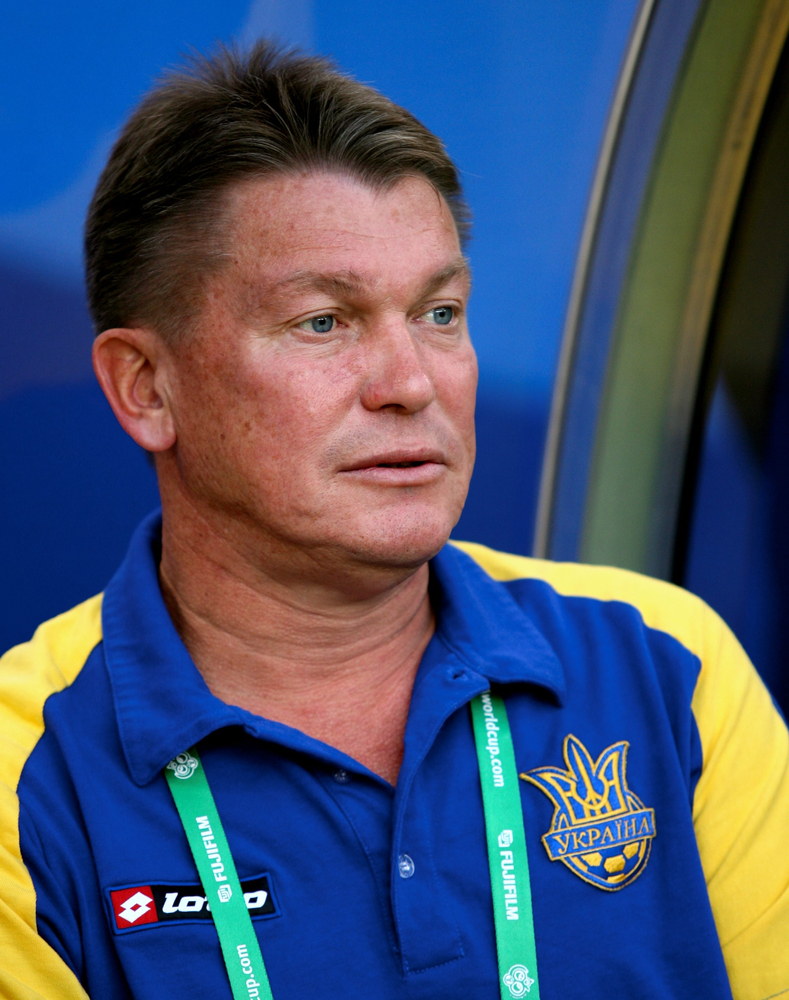
Blokhin combined speed and skill to terrorize defenses for Dynamo Kyiv. He was the first Ukrainian to win the award and a Soviet football legend.
Allan Simonsen (Denmark, Borussia Mönchengladbach, 1977)
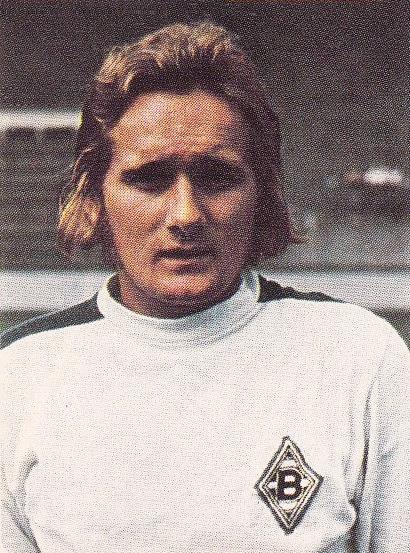
The only Danish player to win the Ballon d'Or, Simonsen impressed with his technical ability and key goals in both the Bundesliga and Europe.
Kevin Keegan (England, Hamburger SV, 1978, 1979)

Keegan won back-to-back Ballon d'Ors for his explosive performances in Germany. His work ethic, energy, and finishing made him a beloved figure at HSV.
Karl-Heinz Rummenigge (Germany, Bayern Munich, 1980, 1981)
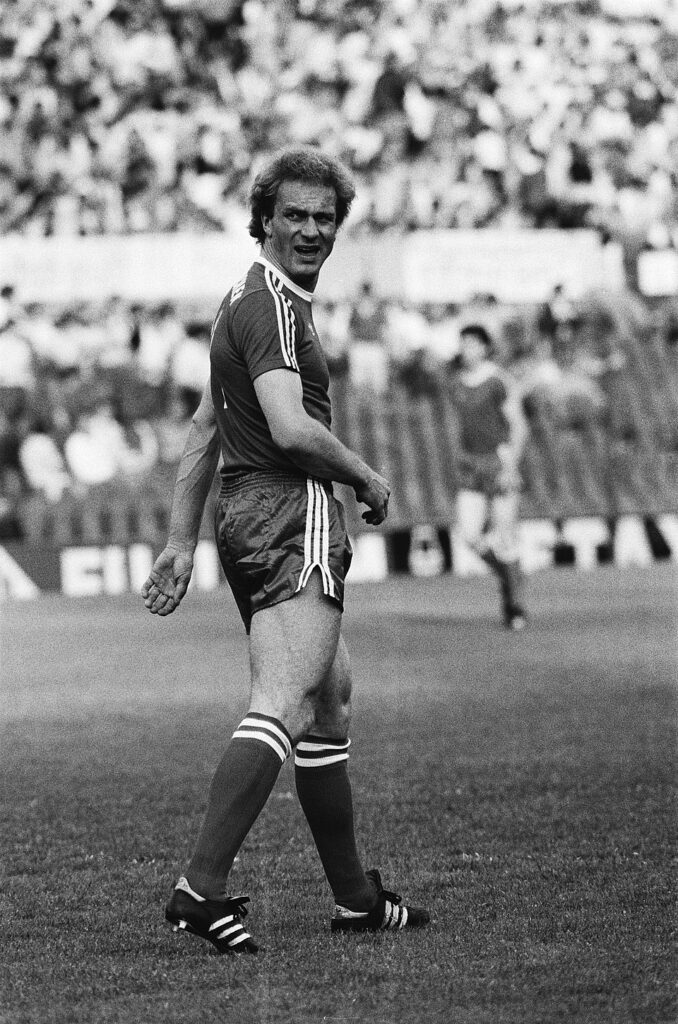
Rummenigge was a dynamic striker with strength and clinical finishing. He led Bayern Munich and West Germany with powerful displays throughout the early '80s.
Paolo Rossi (Italy, Juventus, 1982)
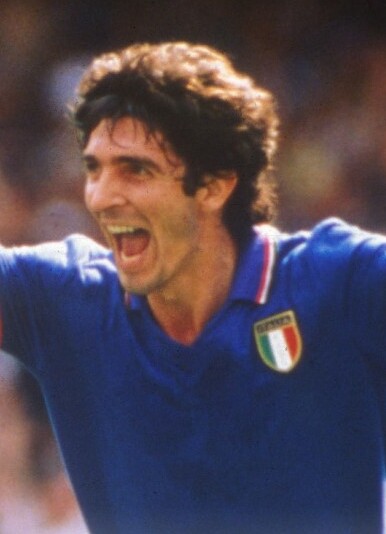
Rossi’s legendary hat trick against Brazil in the 1982 World Cup cemented his status. He finished as the tournament's top scorer and helped Italy lift the trophy.
Igor Belanov (Soviet Union, Dynamo Kyiv, 1986)
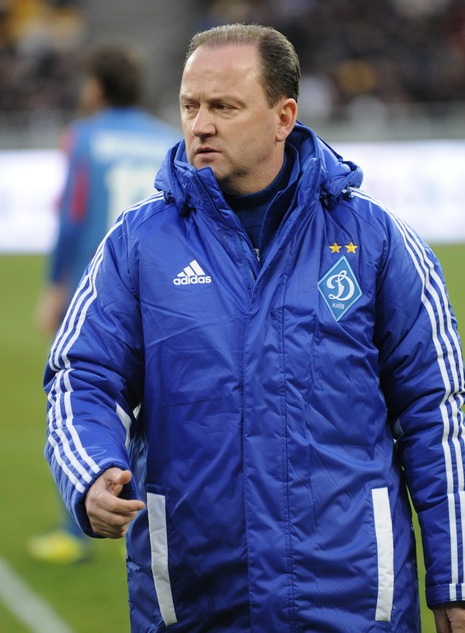
Belanov was a pacey forward who stood out at the 1986 World Cup. He also helped Dynamo Kyiv to domestic and continental success that year.
Marco van Basten (Netherlands, AC Milan, 1988, 1989, 1992)
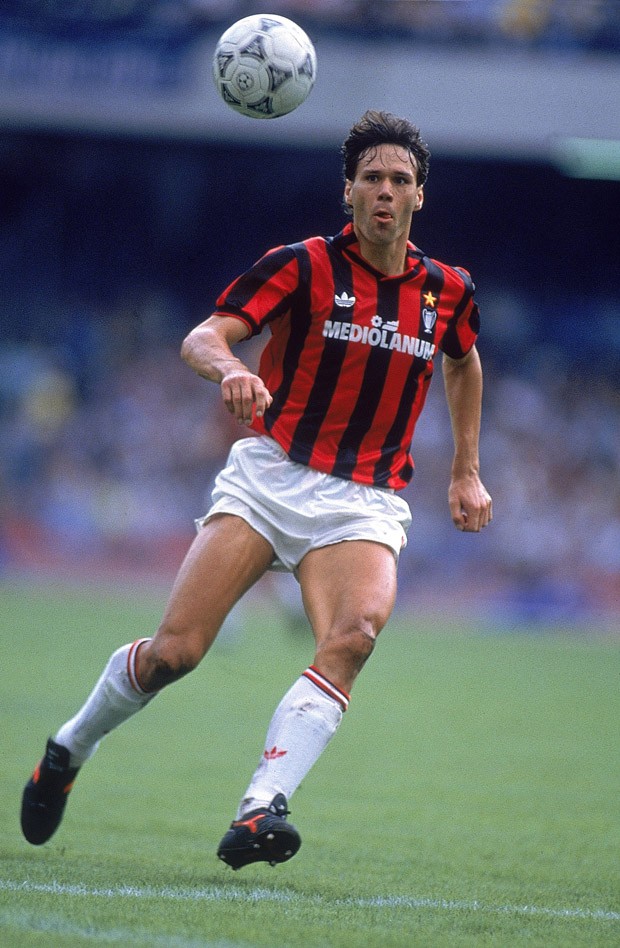
Van Basten was elegant and deadly in front of goal, known for spectacular volleys and perfect timing. He won three Ballon d'Ors before injuries cut his career short.
Jean-Pierre Papin (France, Marseille, 1991)
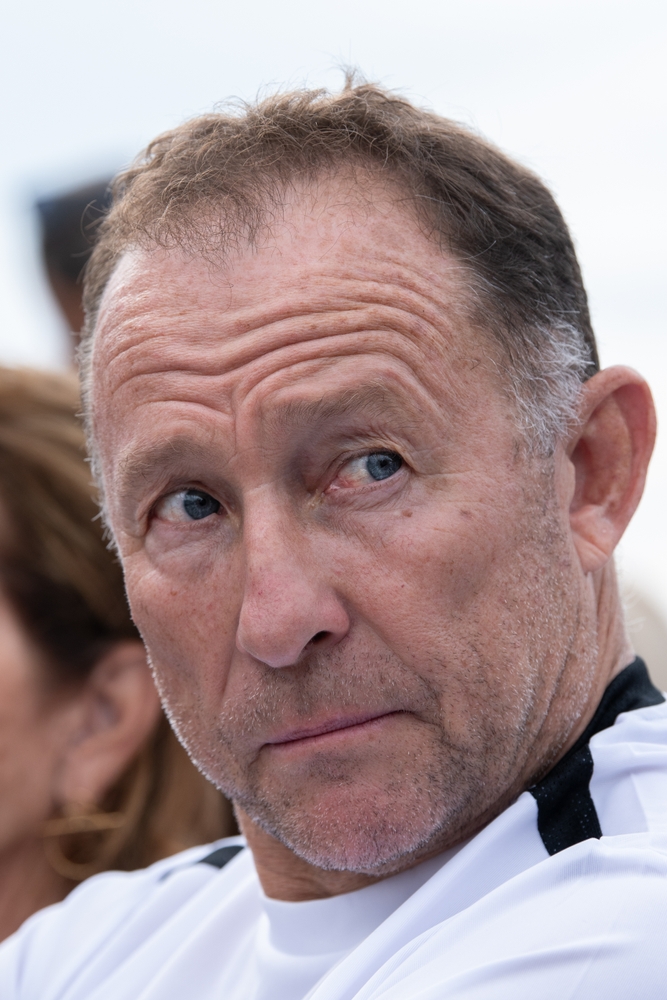
Papin was a clinical striker with a trademark volley technique. His goalscoring exploits with Marseille led him to Ballon d'Or glory.
Hristo Stoichkov (Bulgaria, Barcelona, 1994)

Stoichkov had a fiery personality and a rocket of a left foot. His role in Bulgaria’s World Cup semifinal run and Barcelona’s success made him a standout that year.
George Weah (Liberia, AC Milan, 1995)
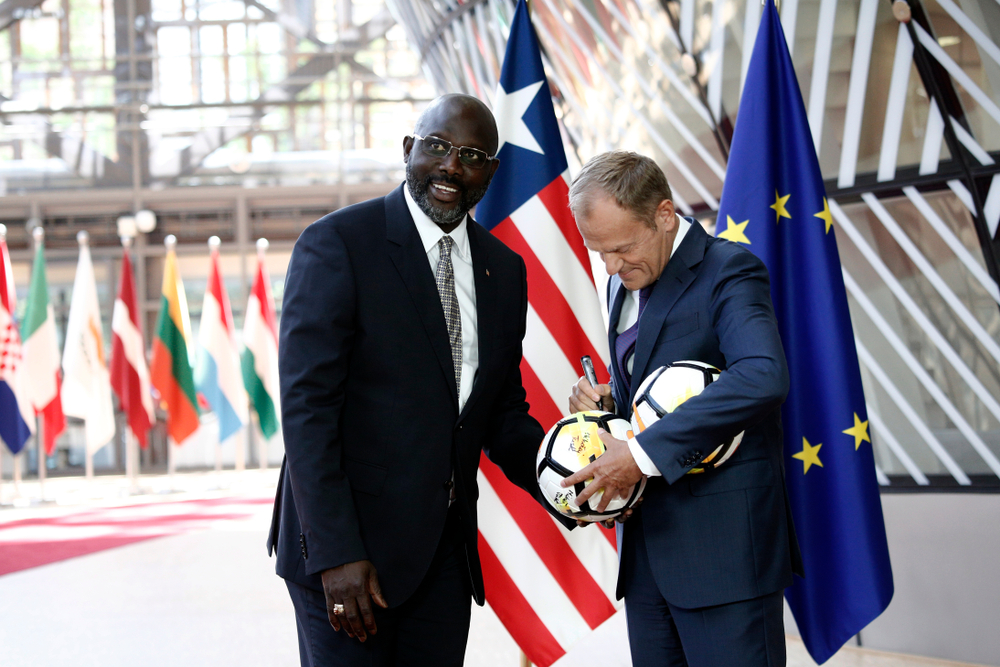
Weah became the first—and still only—African player to win the Ballon d'Or. His strength, speed, and technical skills made him a unique attacking force in Europe.
Ronaldo Nazário (Brazil, Inter Milan/Real Madrid, 1997, 2002)
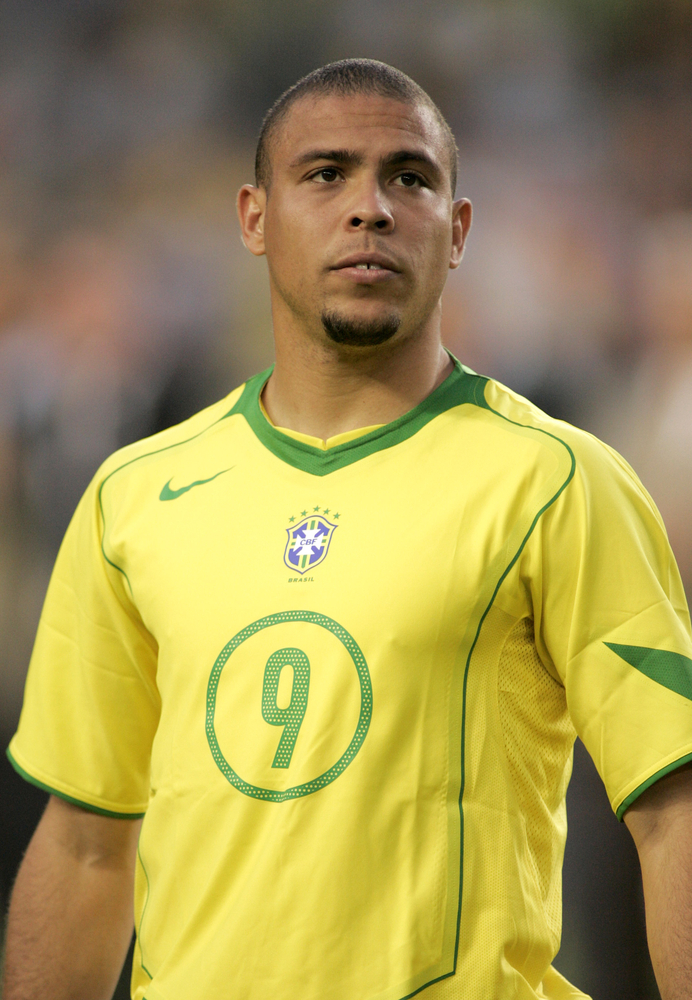
Ronaldo was a phenomenon—unstoppable on the dribble and lethal in front of goal. He won his second Ballon d'Or after leading Brazil to World Cup glory in 2002.
Michael Owen (England, Liverpool, 2001)
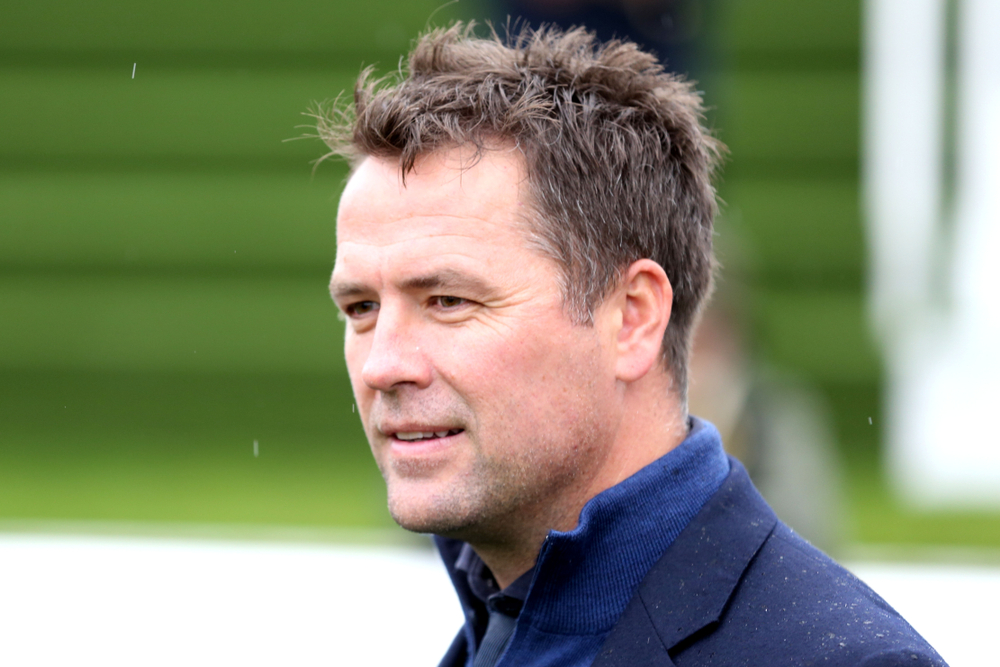
Owen’s blistering pace and cool finishing won him the award at just 22. His clutch performances in cup finals helped Liverpool secure multiple trophies that year.
Andriy Shevchenko (Ukraine, AC Milan, 2004)
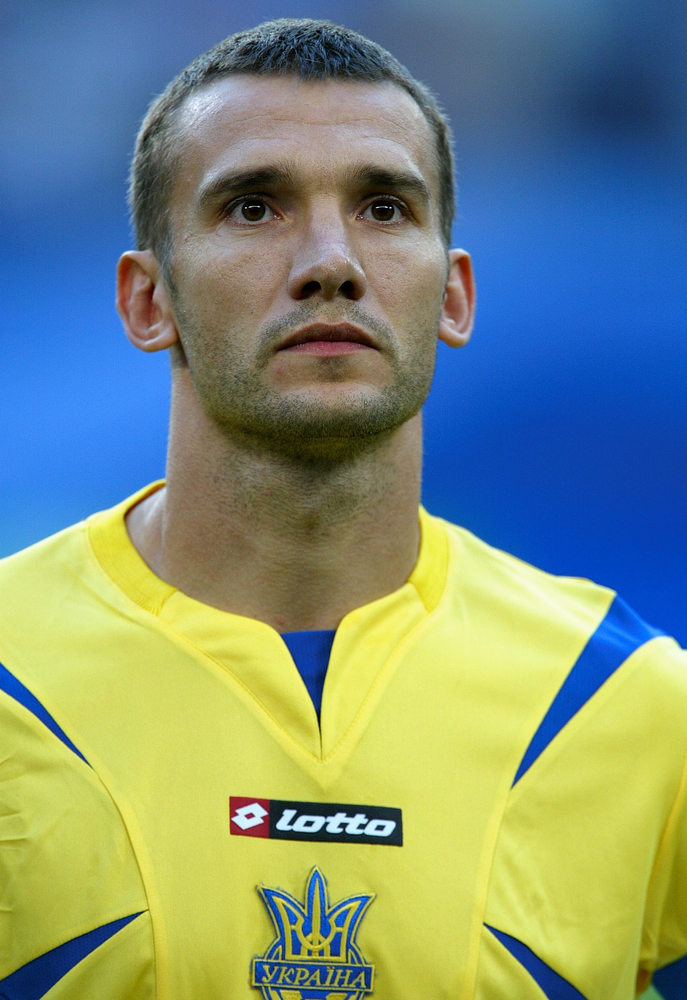
Shevchenko was a consistent goalscorer and a complete center-forward. He spearheaded Milan’s attack during a dominant period in Serie A and Europe.
Karim Benzema (France, Real Madrid, 2022)
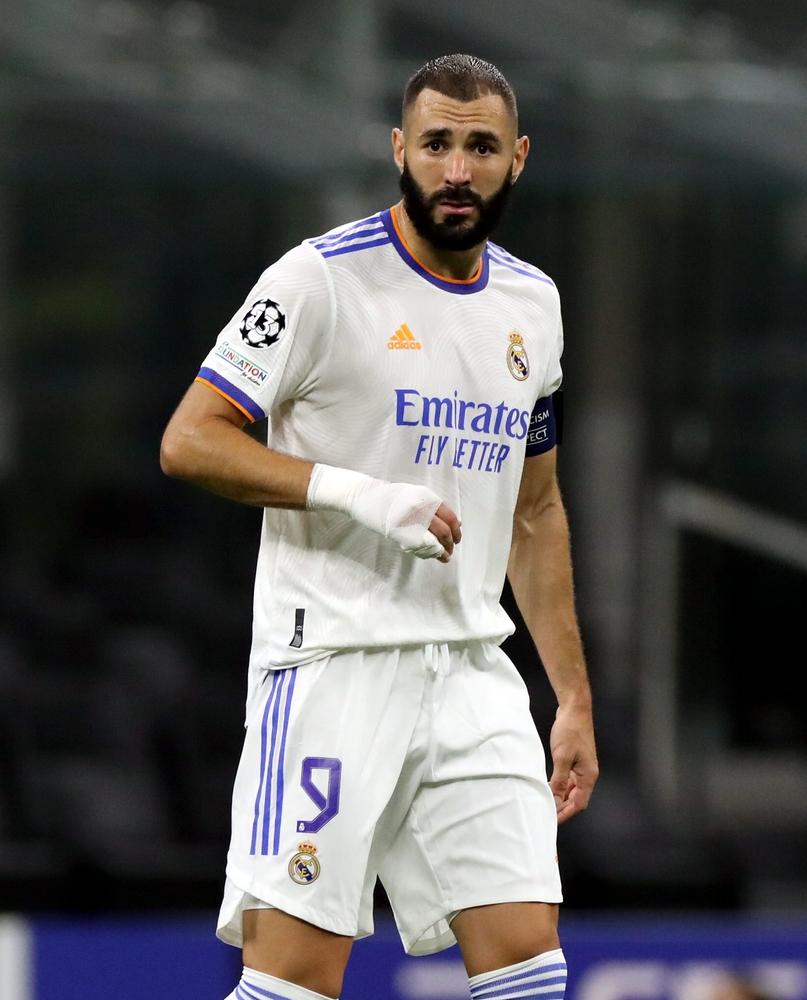
Benzema won the Ballon d'Or after a remarkable season leading Real Madrid to La Liga and Champions League titles. His combination of intelligence, technique, and leadership was unmatched.

